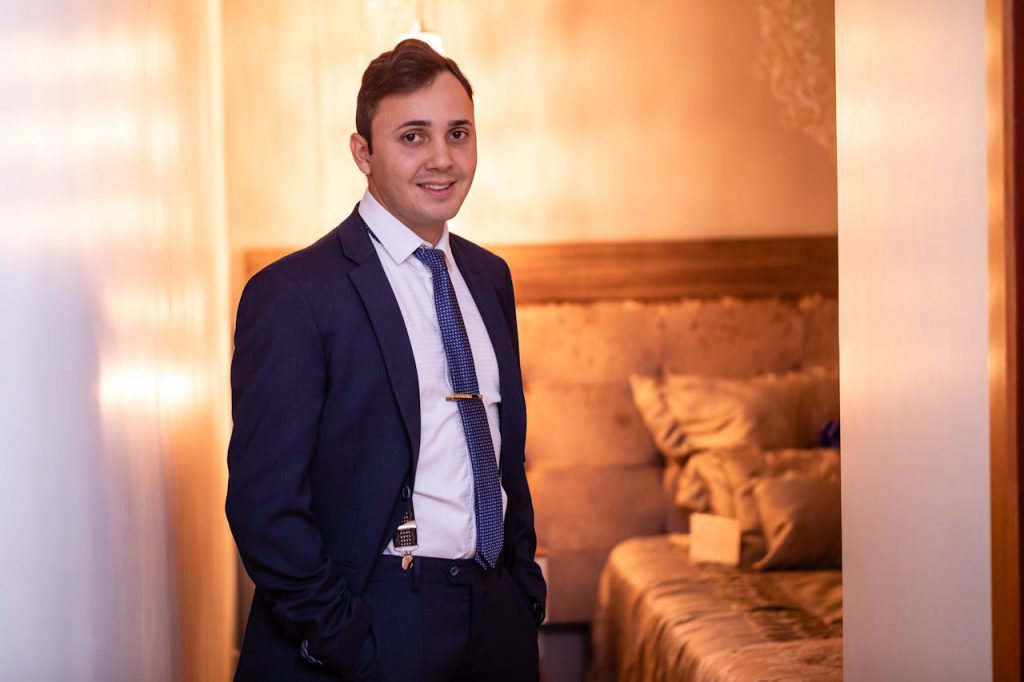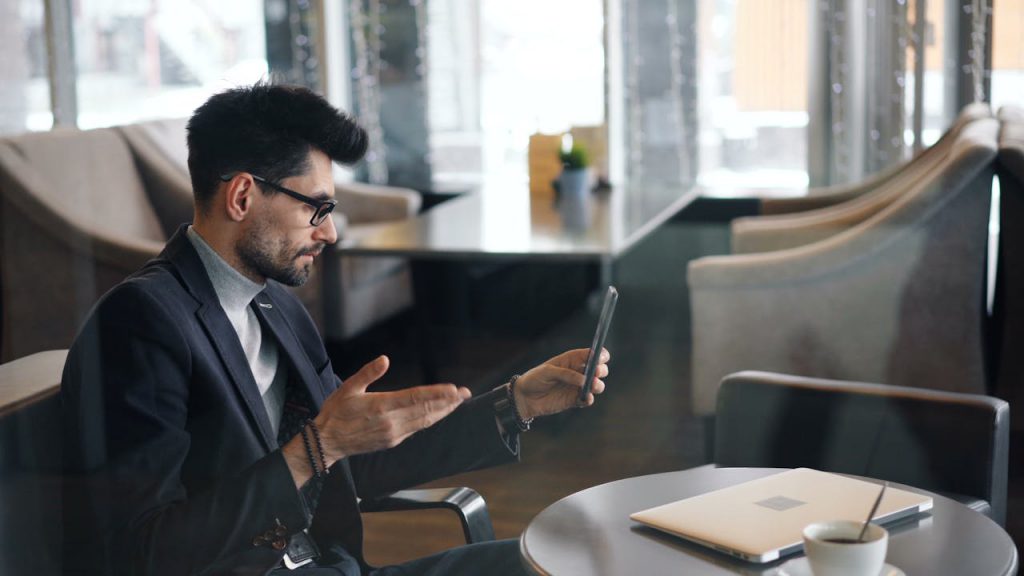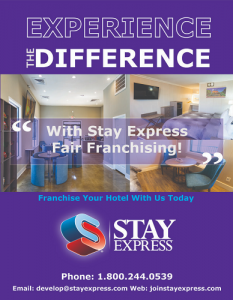
How to Welcome & Manage VIP Guests in Hotels
Who Are VIP Guests?
VIP stands for Very Important Person. In the hospitality industry, VIP guests are individuals who receive elevated attention and services due to their status, influence, or loyalty. They typically include:
- Business executives and decision-makers
- Wealthy individuals or business tycoons
- Celebrities, politicians and powerful public figures
- Journalists and influencers
- Honeymooners or guests with special occasions
- Loyal repeat customers or high spenders
Why VIP Guests Are Important for Hotels
VIP guests are incredibly valuable to hotels—not just for their spending power, but for the ripple effects they create across reputation, revenue, and long-term success. Here’s a breakdown of why VIP guests matter so much
1. High Revenue Contribution
- VIPs often book premium rooms, suites, or extended stays.
- They spend more on services like spa treatments, fine dining, and private transport.
- Their lifetime value is significantly higher than average guests.
2. Brand Reputation & Prestige
- Hosting celebrities, business leaders, or dignitaries boosts the hotel’s image.
- VIPs often share their experiences publicly, influencing others to book.
- A strong VIP clientele signals luxury, exclusivity, and trustworthiness.
3. Repeat Business & Loyalty
- VIPs are more likely to return if their experience is exceptional.
- Many are part of loyalty programs and expect personalized treatment.
- Their feedback helps hotels refine and elevate service standards
4. Word-of-Mouth & Influence
- VIPs have wide social reach—whether through media, business networks, or social media.
- A single positive mention can drive bookings and visibility.
- They often recommend hotels to peers, partners, and followers.
5. Operational Excellence
- Serving VIPs pushes hotels to improve coordination, staff training, and service delivery.
- It encourages investment in technology and personalization tools.
- VIP protocols often become benchmarks for overall guest experience.
6. Strategic Partnerships
- VIP guests may be connected to corporate accounts, event organizers, or travel agencies.
- Their satisfaction can lead to bulk bookings, conferences, or long-term contracts.
As one hospitality guide puts it, VIPs are not just guests—they’re brand ambassadors, revenue drivers, and service catalysts
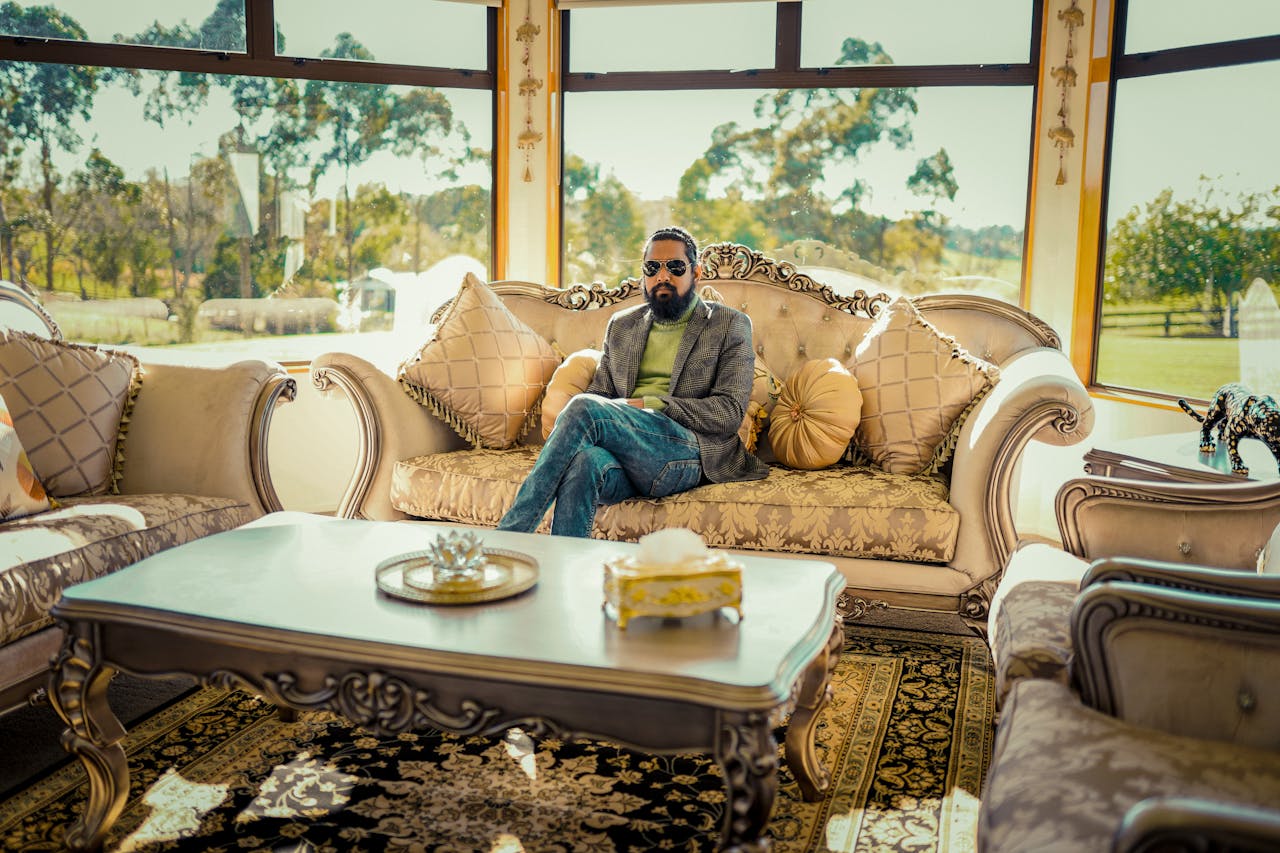
🌟 Benefits of Giving a Superb & Warm Welcome to VIP Guests
Delivering a superb and warm welcome to VIP guests isn’t just about courtesy—it’s a strategic move that can transform your hotel’s reputation, guest satisfaction, and bottom line. Here’s a comprehensive breakdown of the benefits:
1. Creates a Lasting First Impression
- A personalized greeting, thoughtful gestures, and attentive service set the tone for the entire stay.
- VIPs often judge the quality of a hotel within the first few minutes of arrival—make it count.
2. Strengthens Guest Loyalty
- A warm welcome builds emotional connection and trust.
- VIPs who feel genuinely valued are more likely to return and recommend your hotel to others.
3. Enhances Brand Reputation
- Exceptional hospitality becomes part of your brand identity.
- Welcoming high-profile guests with grace and professionalism elevates your hotel’s prestige.
4. Encourages Higher Spend
- Guests who feel appreciated are more inclined to explore premium services like spa treatments, fine dining, and private tours.
- A warm welcome sets the stage for upselling without pressure.
5. Boosts Word-of-Mouth & Social Influence
- VIP guests often share their experiences publicly—especially when they’re impressed.
- A memorable welcome can lead to glowing reviews, social media posts, and referrals.
Example: At luxury hotels like The Ritz-Carlton or Oberoi, VIP guests are greeted by name, offered a welcome drink, and escorted personally to their rooms—often with a handwritten note and customized amenities. These small touches create unforgettable moments.
VIP vs VVIP: What’s the Difference
These guests are often pre-identified by the hotel’s CRM or reservation system and flagged for special treatment.
| Category | VIP Guests | VVIP Guests |
|---|---|---|
| Definition | Important guests with elevated status | Exceptionally important guests requiring top-tier attention |
| Examples | Travel agents, journalists, event planners | Heads of state, royalty, board members, celebrities |
| Service Level | Personalized amenities, priority check-in | Full protocol coordination, security detail, executive-level welcome |
| Privacy Needs | Moderate | Extremely high—often involving media blackout and restricted access |
| Approval | Usually by department heads | Requires GM or senior executive approval |
Protocol Differences in Welcoming VIP vs VVIP Guests
VIP Protocols
- Pre-arrival communication to gather preferences
- Priority room allocation and personalized amenities
- Welcome letter or call from hotel manager
- Access to VIP lounges and concierge services
VVIP Protocols
- Coordination with external protocol teams or security
- GM or senior executive greets guest personally
- Discreet check-in in private areas
- Media avoidance and restricted staff access
- Customized room setup reflecting cultural or personal preferences
Challenges in Welcoming VIP Guests
Welcoming VIPs is rewarding but comes with unique hurdles:
- Privacy & Security: Ensuring discretion while maintaining service quality
- High Expectations: VIPs expect flawless execution and personalized attention
- Cross-Department Coordination: Requires seamless communication between front office, housekeeping, F&B, and security
- Last-Minute Changes: VIPs often have unpredictable schedules or requests
- Staff Training: Not all staff may be equipped to handle high-pressure interactions
- Technology Gaps: Lack of advanced systems to track preferences or automate personalization can hinder service
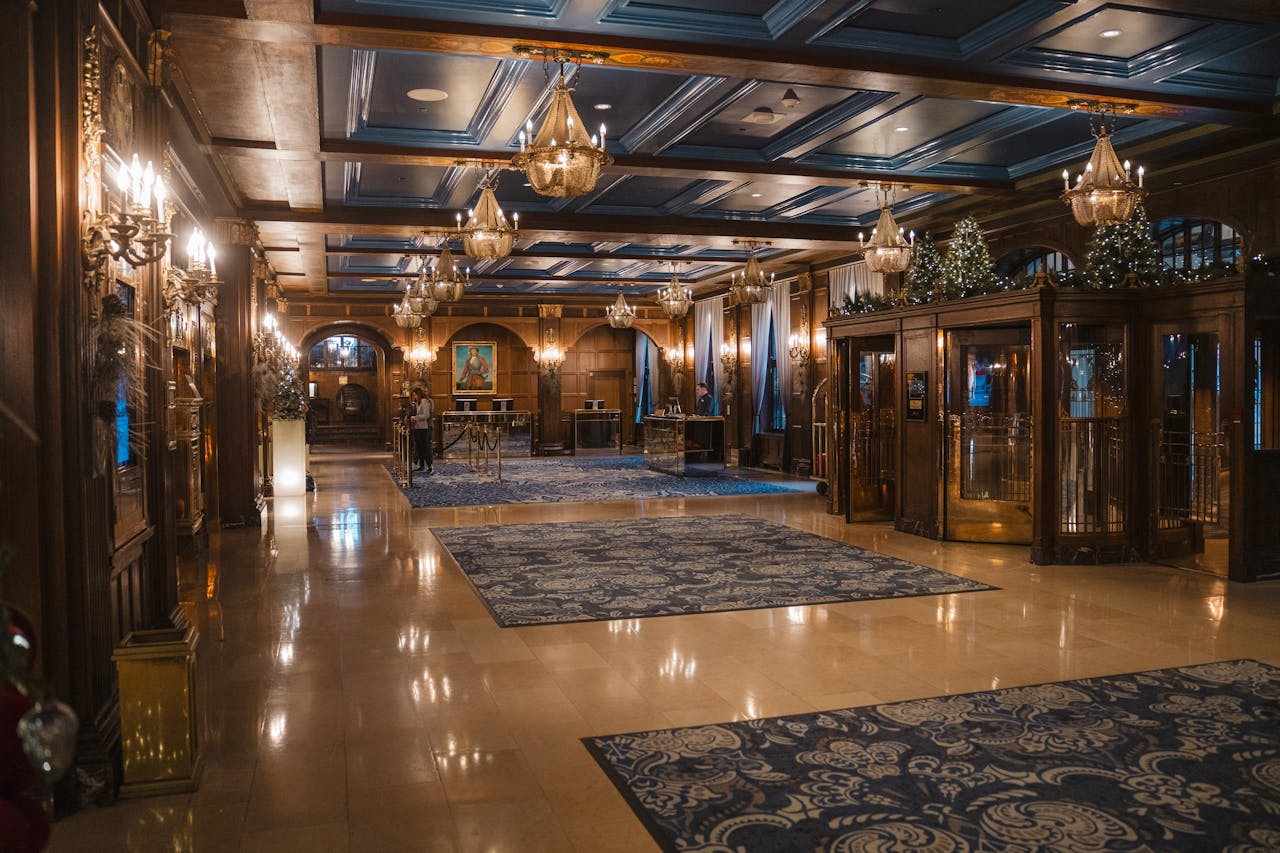
Welcoming VIP Guests
Welcoming VIP guests in hotels requires a personalized and exceptional approach to ensure their comfort and satisfaction. Here are some tips on how to welcome VIP guests:
-
Pre-Arrival Preparation
- ✅ Review guest profile: preferences, past stays, special requests
- ✅ Assign premium room or suite with personalized setup
- ✅ Coordinate with housekeeping for early room readiness
- ✅ Prepare welcome amenities (e.g., fruit basket, handwritten note, flowers)
- ✅ Notify all relevant departments: front office, concierge, F&B, security
-
Pre-arrival communication:
- ✅Reach out to VIP guests prior to their arrival to gather any special requests or preferences they may have.
- ✅Inquire about specific needs, such as room temperature, dietary restrictions, or any other personalized services.
-
Dedicated check-in service:
- ✅Offer a separate and expedited check-in process for VIPs to minimize waiting time.
- ✅Ensure that the check-in staff is aware of the VIP status and treats them with the utmost courtesy.
-
Arrival Experience
- ✅ Greet guest by name with a warm smile and professional demeanor
- ✅ Offer a welcome drink or refreshment
- ✅ Provide priority check-in at a dedicated desk or in-room
- ✅ Escort guest personally to their room
- ✅ Briefly introduce room features and service
-
Welcome letter or call:
- ✅ Personally welcome VIP guests with a handwritten welcome letter or a phone call from the hotel manager expressing gratitude for their stay.
- ✅ Offer assistance and express a commitment to making their stay as comfortable as possible.
-
Personalized amenities:
- ✅Prepare the VIP guest’s room with personalized amenities, such as a welcome note, favorite snacks, or a small gift.
- ✅Take note of any preferences they may have, such as pillow type or room fragrance, and arrange accordingly.
-
VIP lounge access:
- ✅Provide access to a VIP lounge or exclusive area where they can relax, have refreshments, or conduct business meetings in a private setting.
-
Concierge services:
- ✅Offer dedicated concierge services to assist VIP guests with any arrangements, including restaurant reservations, transportation, or special tours.
-
Security and privacy:
- ✅Ensure the security and privacy of VIP guests by discreetly managing their movements within the hotel.
- ✅ Train staff to respect their privacy while still being attentive to their needs.
-
In-Room Touches
- ✅ Place personalized welcome letter from GM or manager
- ✅ Regularly check in with VIP guests to ensure they are comfortable and address any concerns promptly.
- ✅ Ensure room temperature, lighting, and scent are adjusted to guest preference
- ✅ Provide a printed itinerary or concierge contact card
- ✅ Demonstrate a willingness to accommodate their requests and make adjustments as needed.
-
Farewell gesture:
- ✅ Extend a sincere thank you and farewell gesture, such as a parting gift or a note expressing gratitude for choosing the hotel.
- Wish them well and express desire to get another chance to serve them in the future.
-
Post-Arrival Follow-Up
• ✅ Call or visit guest within 30 minutes to ensure satisfaction
• ✅ Offer assistance with dinner reservations, spa bookings, or transport
• ✅ Monitor guest feedback discreetly throughout the stay -
Staff Etiquette & Behavior
- ✅ Use guest’s name naturally and respectfully
- ✅ Maintain discretion and avoid intrusive behavior
- ✅ Be proactive—anticipate needs before they’re expressed
- ✅ Ensure all staff are briefed on guest preferences and sensitivitie
Remember, the key is to make VIP guests feel valued and catered to, creating a memorable and positive experience that encourages them to return in the future.
💡Pro Tip: For VVIPs, add layers like private check-in lounges, security coordination, and executive-level greetings. You can even assign a dedicated guest relations manager for the duration of their stay.
🧳 VIP Guest Scenarios in Hotels
Here are 6 illustrative examples that show how hotels tailor their approach to different types of VIPs and VVIPs:
1. Celebrity Check-In
A well-known Bollywood actor arrives for a film shoot. The hotel:
- Uses a private entrance to avoid paparazzi
- Assigns a suite with blackout curtains and soundproofing
- Provides a dedicated guest relations manager
- Ensures staff sign NDAs and avoid selfies or social media mentions
2. Corporate Executive Stay
A CEO of a multinational company is visiting for a board meeting. The hotel:
- Prepares a personalized welcome kit with local business news
- Offers express check-in and a private meeting room
- Coordinates with the concierge for transport and dining
- Ensures high-speed Wi-Fi and secure printing facilities
3. Honeymoon Couple (VIP Loyalty Members)
A couple celebrating their honeymoon and part of the hotel’s elite loyalty program. The hotel:
- Decorates the room with rose petals and champagne
- Offers a complimentary spa session and candlelight dinner
- Sends a handwritten note from the GM
- Provides late checkout and room upgrade
4. Government Official (VVIP)
A senior government minister is attending a diplomatic event. The hotel:
- Works with security agencies for advance screening
- Blocks off an entire floor for privacy
- Assigns a protocol liaison officer
- Ensures dietary preferences and cultural sensitivities are respected
5. Influencer Stay
A travel influencer with a large following is invited for a promotional stay. The hotel:
- Curates a photogenic room setup with branded gifts
- Offers exclusive access to rooftop or signature areas
- Coordinates content creation with marketing team
- Tracks and reposts influencer content for brand visibility
6. Repeat Guest with Past Complaint
A guest who had a negative experience during a previous stay is flagged as VIP. The hotel:
- Offers a complimentary upgrade and apology note
- Assigns a senior staff member to oversee the stay
- Ensures all previous issues are proactively addressed
- Follows up post-stay with a personalized thank-you message
These scenarios show how VIP treatment isn’t just about luxury—it’s about anticipation, personalization, and discretion.
🚫 Common Mistakes in Handling VIP Guests
Here’s a well-rounded list of common pitfalls hotels can fall into when dealing with VIP and VVIP guests:
1. Lack of Preparation Before Arrival
- Not reviewing the guest’s profile, preferences, or past stay history.
- Failing to coordinate between departments (front office, housekeeping, F&B, security) before the guest arrives.
- Result: Missed personalization opportunities and a disjointed welcome.
2. Inconsistent or Untrained Staff Behavior
- Some staff unaware of VIP protocols, leading to uneven service quality.
- Overly casual or overly formal interactions that feel unnatural.
- Result: Breaks the seamless, polished experience VIPs expect.
3. Breaching Privacy or Discretion
- Staff discussing the guest’s identity, itinerary, or preferences with others.
- Allowing photos or social media posts without consent.
- Result: Loss of trust and potential reputational damage.
4. Slow or Poor Response to Requests
- Delays in fulfilling special requests or resolving issues.
- Not keeping the guest informed about the status of their request.
- Result: Frustration and negative perception of service efficiency.
5. Overcomplicating the Experience
- Bombarding the guest with too many offers, upgrades, or interactions.
- Ignoring subtle cues that they prefer privacy or minimal contact.
- Result: Guest feels overwhelmed rather than cared for.
6. Failure to Anticipate Needs
- Waiting for the guest to ask instead of proactively offering solutions.
- Not having backup plans for last-minute changes in schedule or preferences.
- Result: Missed chances to impress and delight.
7. Poor Service Recovery After Mistakes
- Downplaying or ignoring an error instead of addressing it immediately.
- Offering generic apologies without a personalized recovery gesture.
- Result: Small issues escalate into lasting dissatisfaction.
💡 Pro Tip: Many of these mistakes stem from gaps in communication and training. A well-documented VIP protocol, regular role-play exercises, and a culture of discretion can prevent most of them.
Best Practices vs. Common Mistakes:
| ✅ Best Practices | 🚫 Common Mistakes |
|---|---|
| Thorough pre-arrival prep – Review guest profile, past stays, coordinate across all departments. | Lack of preparation – No background check, poor interdepartmental communication. |
| Staff trained & aligned – Consistent tone, appropriate formality, cultural awareness. | Inconsistent behavior – Uneven service quality, awkward over/under-formality. |
| Absolute discretion – Protect guest identity, itinerary, preferences; limit info-sharing. | Breaching privacy – Gossip, posting photos, or revealing details without consent. |
| Proactive service – Anticipate needs, have contingency plans, check in subtly. | Reactive only – Waiting for requests, no backup for last-minute changes. |
| Efficient request handling – Quick turnaround, regular updates until resolved. | Slow responses – Delays with no communication about progress. |
| Personalized recovery – Own mistakes, apologize sincerely, offer thoughtful gestures. | Generic apologies – Ignoring or downplaying service failures. |
| Balanced engagement – Respect personal space, read cues for more/less contact. | Overcomplicating experience – Bombarding with offers or excessive attention. |
🏨 Imaginary Welcome Conversation
Here’s a sample scripted welcome scene which hotels could use and adapt for training or role‑play.
Scenario 1 – A Pleasant Welcome Conversation with VIP Guest:
A natural, polished, and subtly personal conversation — the way a seasoned luxury‑hospitality team would greet an important guest.
Setting: The hotel’s private VIP entrance — red carpet subtly laid, fresh floral scent in the air, discreet staff waiting in position.
Concierge (warm smile, gentle tone):
“Good evening, Mr. Bennett. Welcome back to The Grand Royale. We’re delighted to have you with us again.”
VIP Guest (pleasantly surprised):
“Good evening. I’m impressed you remembered me.”
Concierge:
“Of course, sir. We still recall your preference for the corner suite with the city view. Your room has been prepared exactly as you like, with the same Egyptian cotton linens and Earl Grey tea in the minibar.”
Bell Captain (stepping forward):
“Allow me to take care of your luggage, Mr. Bennett. Your suite is ready — and the view is even more spectacular tonight.”
VIP Guest (smiling):
“That sounds wonderful. Thank you.”
Guest Relations Manager:
“If it suits you, I’ve arranged for a light supper to be waiting in your suite — the chef has recreated your favorite grilled sea bass. We’ve also placed tomorrow’s meeting agenda in a leather folder on your desk.”
VIP Guest:
“That’s thoughtful. I appreciate the attention to detail.”
Concierge (offering key card in an elegant holder):
“Your key, sir. Should you need anything at all — from a quiet workspace to an evening city tour — just press the private line on your in‑room phone. We’ll handle the rest discreetly.”
VIP Guest:
“Perfect. I’m looking forward to my stay.”
Concierge (gesturing toward elevator):
“Welcome home, Mr. Bennett.”
💡 Notice How:
- Every staff member addresses the guest by name without overusing it.
- They reference personal preferences from past visits (suite location, tea, favorite dish).
- Offers are proactive but not intrusive, and privacy is assured at every step.

Scenario 2: Imaginary Poor Welcome Conversation with VIP Guest
Now here is a contrasting “poor example” welcome that works perfectly for staff training, because it highlights exactly what not to do.
Setting: Main lobby during peak check‑in hour, with other guests milling around. The VIP has to weave through the crowd to reach the desk.
Front Desk Agent (distracted, typing on computer):
“Name, please?”
VIP Guest (slightly taken aback):
“It’s Mr. Bennett. I believe I have a reservation.”
Front Desk Agent (scrolling through screen):
“Uh… yes, here you are. Standard king room. Check‑in is at 3 p.m., but it’s only 2:40, so you’ll have to wait. You can leave your bags there.” (gestures vaguely toward bell desk)
Bell Attendant (grabs luggage without eye contact):
“I’ll put this in storage.”
VIP Guest:
“Actually, I requested the corner suite weeks ago.”
Front Desk Agent (shrugs):
“Well, nothing like that is showing in the system. You can speak to the manager if you want, but they’re busy right now.”
Lobby Manager (passing by, distracted):
“If you just fill out this form and wait in the lounge, someone will call you.”
VIP Guest (sighs):
“Alright…”
Front Desk Agent (already helping the next guest):
“Next!”
💡 Training Takeaways for Hotel Staff:
- No personalization — staff don’t address the guest by name until after asking for it.
- Zero acknowledgment of VIP status — no special welcome, no sense of priority.
- Poor body language — distracted, no eye contact, rushed tone.
- Failure to resolve issues — guest’s request is dismissed instead of investigated.
- Public setting for sensitive matters — conversation takes place in the busy lobby, undermining privacy.
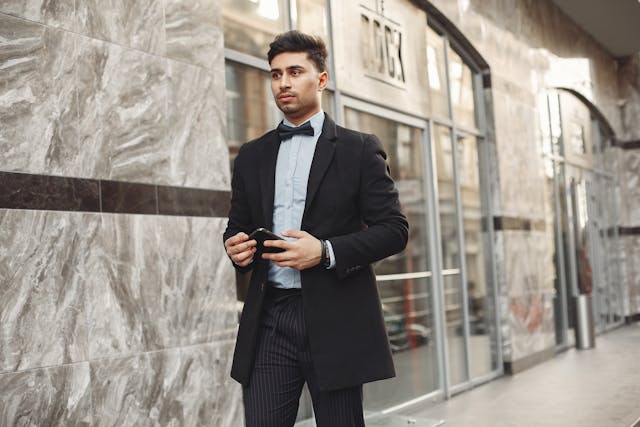
Excellent vs. Poor VIP Welcome in Hotels – Comparison Table
Here’s a side‑by‑side “Excellent vs. Poor VIP Welcome” script — perfect for training sessions so staff can instantly spot the difference in tone, language, and service quality.
| 🏆 Excellent Welcome | ⚠️ Poor Welcome |
|---|---|
| Concierge (warm, eye contact): “Good evening, Mr. Bennett. Welcome back to The Grand Royale. We’re delighted to have you with us again.” | Front Desk Agent (distracted): “Name, please?” |
| VIP Guest: “Good evening. I’m impressed you remembered me.” | VIP Guest: “It’s Mr. Bennett. I believe I have a reservation.” |
| Concierge: “Of course, sir. Your corner suite is ready with the same linens and Earl Grey tea you enjoyed last time.” | Front Desk Agent: “Standard king room. Check‑in is at 3 p.m., but it’s only 2:40, so you’ll have to wait.” |
| Bell Captain: “Allow me to take care of your luggage, sir. The view tonight is spectacular.” | Bell Attendant: “I’ll put this in storage.” (no eye contact) |
| Guest Relations: “We’ve prepared a light supper — your favorite grilled sea bass — and tomorrow’s agenda is on your desk.” | VIP Guest: “I requested the corner suite weeks ago.” |
| Concierge: “Your key, sir. Press the private line anytime; we’ll discreetly arrange whatever you need.” | Front Desk Agent: “Nothing like that is showing. You can speak to the manager, but they’re busy.” |
| Concierge (final touch): “Welcome home, Mr. Bennett.” | Lobby Manager (passing by): “Fill out this form and wait in the lounge.” |
💡 Training Tip:
Use this table in role‑plays by assigning staff to swap between “Excellent” and “Poor” lines. This contrast helps them hear and feel how body language, tone, and personalization transform the guest’s first impression.
VIP Guest Handling: Frequently Asked Questions
1. Aren’t all hotel guests VIPs? Why differentiate?
Yes, every guest deserves respect, comfort, and excellent service. However, VIPs and VVIPs often have elevated expectations due to their status, influence, or loyalty. Differentiation isn’t about favoritism—it’s about personalization. Just as a returning guest might receive a tailored welcome, VIPs receive services aligned with their unique needs, often involving privacy, security, or brand partnerships.
2. Is it ethical to treat some guests with special care over others?
Ethics in hospitality revolve around fairness, not uniformity. Offering enhanced services to VIPs is ethical when it’s part of a transparent loyalty program, business agreement, or guest preference. What’s crucial is that all guests feel valued, and no one is neglected or treated poorly in comparison
3. What should staff be especially careful about when dealing with VIP or VVIP guests?
- Discretion: Avoid discussing the guest’s identity, preferences, or itinerary with others.
- Tone & Language: Be respectful, polished, and avoid overly casual or intrusive behavior.
- Anticipation: Proactively meet needs without being overbearing.
- Consistency: Ensure all departments are aligned in delivering seamless service.
- Security: Be aware of protocols for high-profile guests, including escorts or restricted access.
4. How can staff be effectively trained to handle VIP guests?
- Role-playing common VIP scenarios to simulate real interactions.
- Guest profiling workshops to understand preferences and cultural nuances.
- Cross-department briefings to ensure unified service delivery.
- Feedback loops where staff learn from past experiences and guest reviews.
- Mentorship from senior staff who’ve handled high-stakes situations.
5. How should staff handle mistakes or negative incidents with a VIP guest?
- Immediate acknowledgment without defensiveness.
- Empathetic listening to understand the guest’s perspective.
- Swift resolution with clear communication and visible effort.
- Escalation protocol to involve senior management or guest relations.
- Follow-up gesture such as a personalized apology note, amenity, or service recovery voucher.
6. What’s the difference between handling VIP/VVIP and normal guests?
While both receive elevated service, VIPs or VVIPs often require:
- Enhanced security measures
- Private check-ins and exits
- Customized itineraries
- Direct liaison with senior management
- Media discretion or NDAs
Your Pathway to Elite Hospitality Excellence
By joining a reputable hotel brand like StayExpress, you gain far more than a prestigious name on your résumé—you enter a culture built on excellence, precision, and guest delight.
StayExpress invests heavily in teaching and training its teams, setting clear protocols, SOPs, and service standards that ensure every guest—whether a cherished regular, a VIP, or a super VVIP—receives an unforgettable welcome.
From mastering the nuances of elite guest handling to perfecting the art of warm hospitality for every visitor, you’ll be empowered with the skills, confidence, and systems to deliver world‑class experiences every single time. Click here to get more details: buidling successful hotels with Stayexpress

